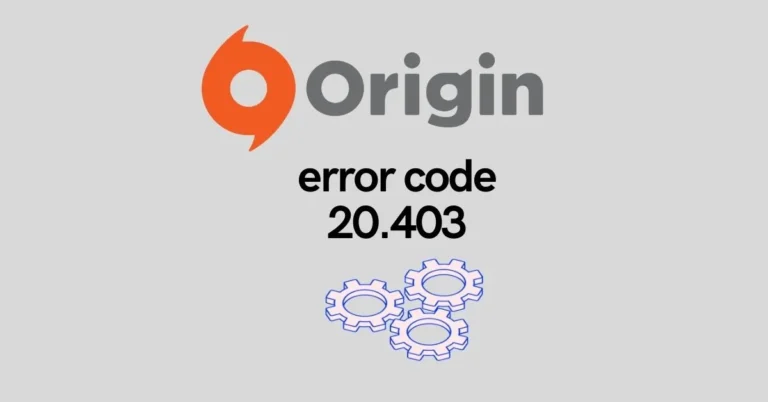The Importance of NCCHC for Employers and Employees
Hiring the right candidate is crucial for any business. The process involves multiple steps, including interviews, references, and background checks. The criminal history check is one of the most reliable background checks. This ensures employers have comprehensive information about a candidate’s criminal history, contributing to a safer and more trustworthy workplace.
In Australia, the Nationally Coordinated Criminal History Check (NCCHC) plays a vital role in hiring. Employers benefit from these checks as they help make informed decisions, reduce the risk of workplace incidents, and keep a safe environment for all employees. For employees, it ensures a transparent hiring process and a fair chance to showcase their qualifications without hidden past discrepancies.
Enhancing Workplace Safety
Workplace safety is a primary concern for employers across various industries. Conducting thorough background checks, including criminal history checks, helps identify individuals with a potentially dangerous past. This precautionary step significantly reduces the likelihood of hiring someone who may threaten colleagues, clients, or the company’s assets. Ensuring all employees have passed a criminal history check fosters a secure and productive work environment.
Building Trust and Credibility
Trust is a cornerstone of any successful business. Employers demonstrate their commitment to transparency and integrity by implementing a rigorous background-checking process. This practice builds trust with employees, clients, and stakeholders. A criminal history check assures everyone involved that the organization prioritizes safety and ethical standards. This, in turn, enhances the company’s reputation and credibility in the market.
Reducing Legal and Financial Risks
Hiring an individual with an undisclosed criminal past can lead to noteworthy legal and financial repercussions. Employers may face liability issues if an employee with a criminal background engages in illegal activities while on the job. By conducting a comprehensive criminal history check, businesses can mitigate these risks. This proactive approach helps avoid costly lawsuits and protects the company’s financial interests.
Streamlining the Hiring Process
A Nationally Coordinated Criminal History Check streamlines the hiring process by providing a clear and concise report on a candidate’s criminal background. This efficient system saves time for both employers and job seekers. Employers can quickly verify the suitability of candidates, while applicants benefit from a transparent and straightforward hiring procedure. This efficiency is particularly beneficial in sectors with high turnover rates, where timely hiring is crucial.
Ensuring Compliance with Industry Standards
Different industries have specific regulatory requirements regarding employee background checks. For instance, sectors such as healthcare, education, and finance often mandate criminal history checks due to the sensitive nature of their work. By conducting these checks, employers ensure compliance with industry standards and legal obligations. This adherence to regulations is essential for maintaining operational licenses and avoiding potential penalties.
Enhancing Employee Confidence
When employees know that their colleagues have undergone thorough background checks, it boosts overall confidence within the team. This sense of security enhances teamwork and cooperation, as employees trust that their workplace is safe and their peers are reliable. It also facilitates a positive company culture where employees feel valued and protected, leading to higher job satisfaction and retention rates.
The Nationally Coordinated Criminal History Check is vital for employers and employees. It promotes workplace safety, builds trust, reduces legal risks, streamlines the hiring process, and ensures compliance with industry standards. By implementing this essential check, businesses can foster a secure, trustworthy, and compliant working environment, benefiting all parties involved.







